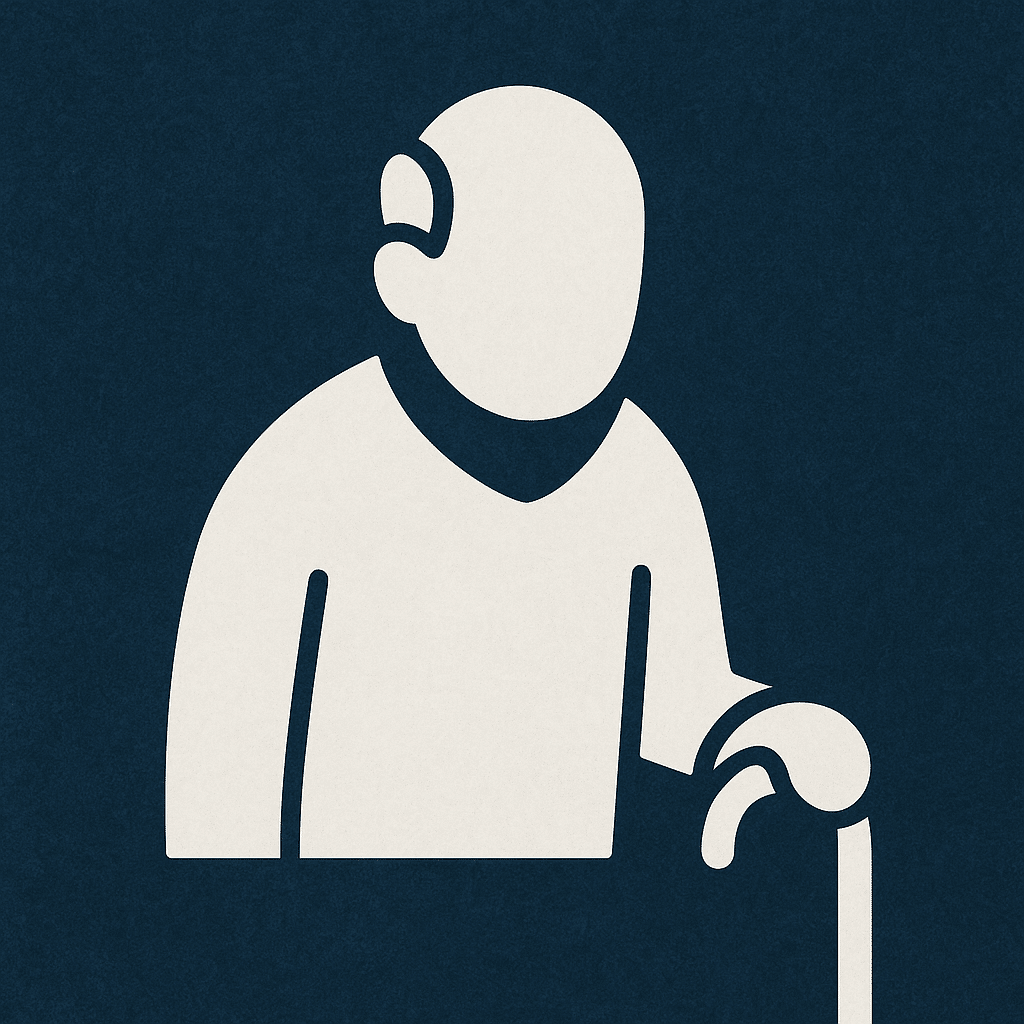
When someone is charged with eldery neglect in Maryland, the legal consequences can be severe—and the emotional toll even heavier. These cases often involve complex family dynamics, healthcare obligations, and questions about intent and responsibility. If you’re facing an elderly neglect charge, or concerned that you or a loved one may be accused, understanding how the law works is essential.
What Is Considered Elder Neglect in Maryland?
Under Maryland law, elder neglect typically refers to the intentional or reckless failure to provide necessary care—such as food, medical treatment, shelter, or supervision—to a vulnerable adult. A vulnerable adult is defined as someone over the age of 18 who lacks the physical or mental capacity to provide for their daily needs, including many elderly individuals.
Neglect can occur in a variety of settings:
- Private homes
- Nursing homes
- Assisted living facilities
- Hospitals
- Group homes
In some cases, a family member, caregiver, or facility employee may be accused of failing to meet basic needs, allowing hazardous living conditions, or ignoring medical issues.
Legal Elements of an Elder Neglect Charge
To bring criminal charges, the prosecution must prove certain elements beyond a reasonable doubt:
- The alleged victim was a vulnerable adult
- The defendant had a duty of care (legal responsibility for the victim’s well-being)
- The defendant knowingly or recklessly failed to provide necessary assistance
- This failure resulted in harm or risk of harm to the elderly person
Neglect can be passive or active (deliberate or reckless). Both may result in prosecution under Maryland’s Criminal Law § 3-604.
Criminal Penalties for Elder Neglect in Maryland
In Maryland, neglect of a vulnerable adult is a misdemeanor, but don’t be misled by the term. The penalties are serious:
- First-degree neglect (resulting in serious physical injury or death):
- Up to 10 years in prison
- Fines up to $10,000
- Second-degree neglect (not resulting in serious harm):
- Up to 5 years in prison
- Fines up to $5,000
These charges can also lead to:
- Protective orders
- Loss of professional licenses
- Civil lawsuits for damages
- Removal from caregiving roles
Common Defenses to Elder Neglect Charges
Defending against elderly neglect charges requires a careful legal strategy. Some potential defenses include:
- Lack of legal duty: The defendant wasn’t legally responsible for the alleged victim’s care.
- No knowledge of harm: The accused did not know the person was in need of help.
- Adequate care provided: The conditions didn’t rise to the level of criminal neglect.
- False or exaggerated accusations: Particularly in family disputes or inheritance conflicts.
A skilled Southern Maryland criminal lawyer can investigate the facts, consult medical and caregiving experts, and challenge any unfair assumptions by the prosecution.
Reporting and Investigations
These cases often begin with a report to Adult Protective Services (APS), a mandated reporter (like a nurse or social worker), or law enforcement. APS may investigate and refer the case to the State’s Attorney’s Office if criminal conduct is suspected.
Defendants are often shocked to learn they’re under investigation—and may unknowingly make damaging statements before hiring a lawyer.
Why You Need a Criminal Defense Lawyer
Elder neglect charges aren’t just about legal guilt or innocence—they’re about reputation, family, and your future. Even if you’re confident you did nothing wrong, you could still face prosecution based on misunderstandings or misinterpretations of events.
At Southern Maryland Criminal Defense, we represent caregivers, healthcare workers, and family members in Charles, Prince George’s, Calvert, and St. Mary’s Counties who are facing allegations of elder neglect or abuse. We understand the sensitivity of these cases and provide a strong, respectful defense.
Accused of Elder Neglect? Get Legal Help Now.
Don’t try to handle this on your own. Contact Southern Maryland Criminal Defense today for a confidential consultation.
